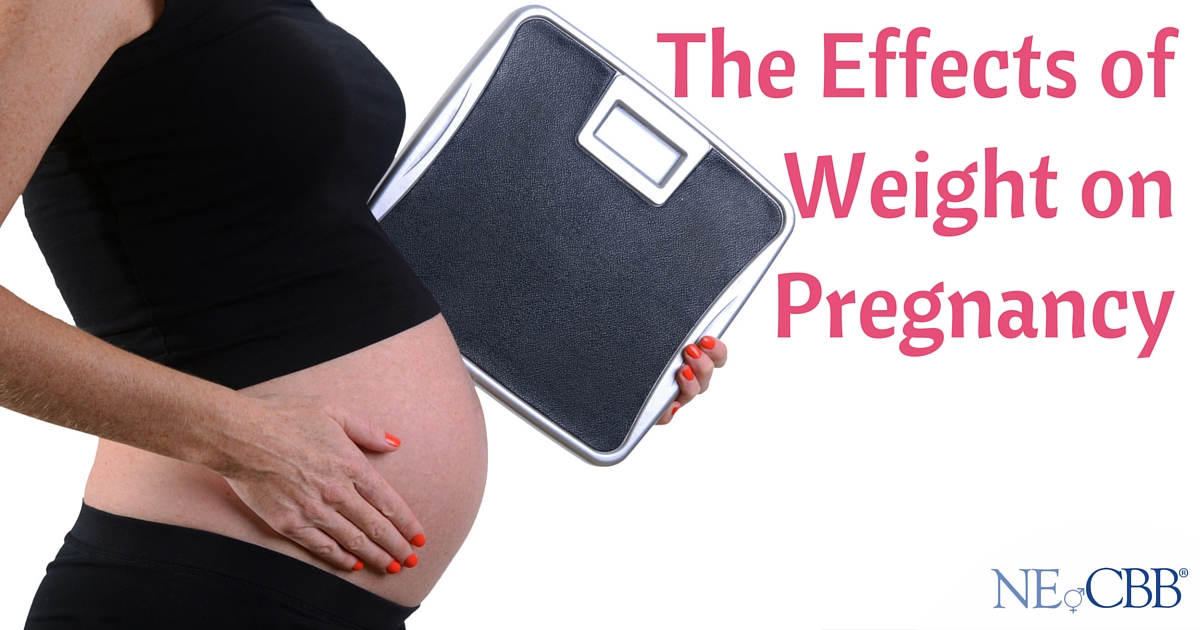 Pregnancy comes with a lot of rules, many of which center around what you should (or shouldn’t) eat and drink. Meanwhile, your hormones and the experience of growing a baby also bring on new cravings. Before you know it, your doctor may be asking a lot of probing questions about your weight. You may also be shocked to see where your line falls on the weight gain chart, compared to what is considered “normal.”
Pregnancy comes with a lot of rules, many of which center around what you should (or shouldn’t) eat and drink. Meanwhile, your hormones and the experience of growing a baby also bring on new cravings. Before you know it, your doctor may be asking a lot of probing questions about your weight. You may also be shocked to see where your line falls on the weight gain chart, compared to what is considered “normal.”
The question of how much weight is acceptable to gain during pregnancy is loaded with implications. It is also highly emotionally charged. Of course, everyone wants do whatever they can to deliver a safe, healthy, and happy baby. Still, you may find that you’re too nauseous to eat right during the first trimester, or that the pounds are adding up fast and furiously in your final weeks.
So, what is the balance? How does the number on the scale affect a mother’s health, her pregnancy, and the health of her child?
How much weight you can safely gain depends largely on where you started when you became pregnant. It may surprise you to know that if you have a Body Mass Index (BMI) of 30 or higher, you would be classified as “obese.”
Obesity during pregnancy has a number of potential consequences worth taking seriously:
- – Higher risk for gestational diabetes, which can cause excessive birth weight and increase likelihood for preterm birth, respiratory distress, and other problems
- – Potential for urinary tract infections and postpartum infections
- – Increased risk of venous thromboembolism (VTE) or blood clot, which can cause a stroke or heart attack
- – Increased potential for sleep apnea, which can cause excessive fatigue as well as much more serious consequences
- – Elevated risk for preeclampsia, characterized by excessive swelling and high blood pressure
- – Increased likelihood of a post-term delivery
- – Potential difficulties with administration of anesthesia, such as an epidural for pain
- – Higher likelihood of C-section and associated complications
- – Increased risk of miscarriage
Even knowing all of these risks, it isn’t always easy to keep the weight gain in check during pregnancy. It’s critical to make sure you are getting proper nutrition and enough healthy calories. Meanwhile, it’s also easy to get carried away by cravings and rationalizations. Talk to your healthcare provider, and if you need additional support in managing your weight during pregnancy, check out resources such as BabyCenter and Parents.
During your pregnancy, you may hear about cord blood banking and wonder if it’s right for you. Contact us to get answers to your questions.